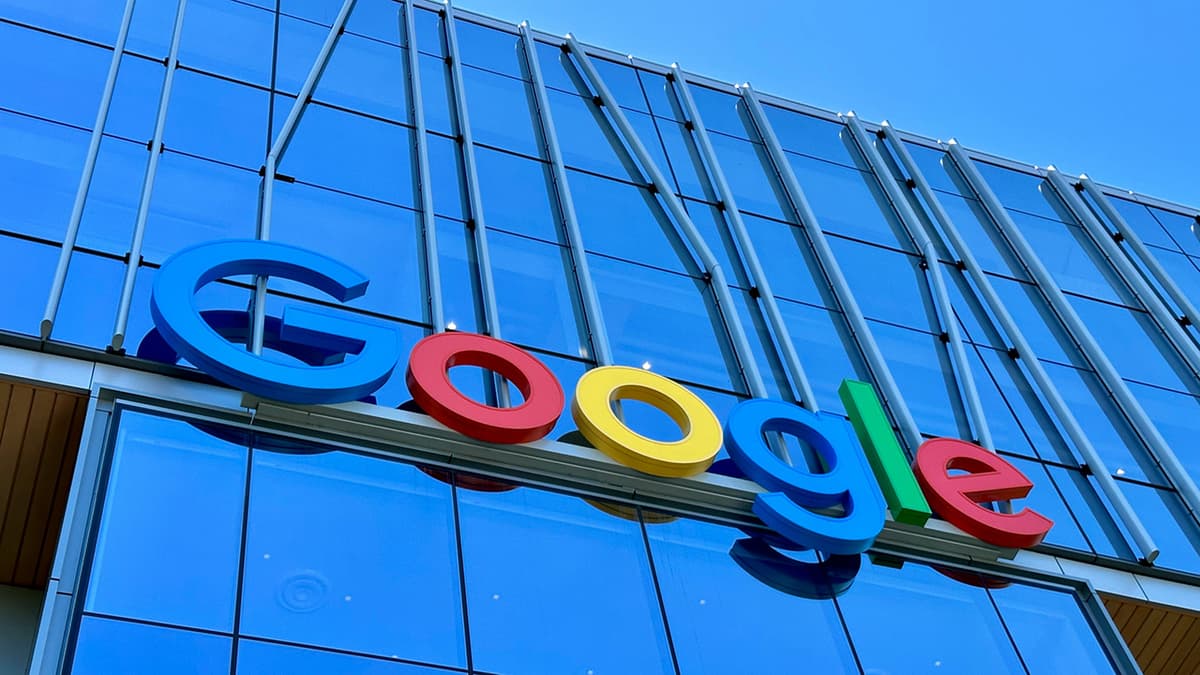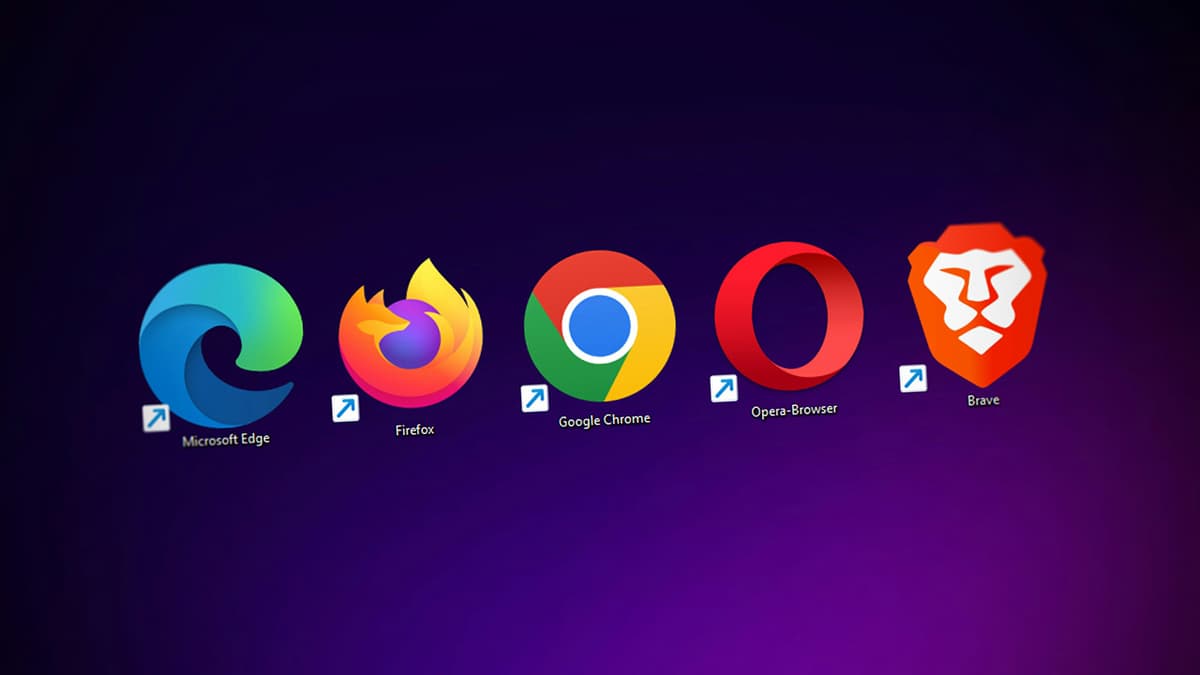ChatGPT's Choice for API Over Open Source
The creation of OpenAI, ChatGPT has become synonymous with cutting-edge technology and innovation. It stands as a beacon of progress, a sophisticated language model that's been turning heads since its inception. When faced with the road to choose between becoming an open-source tool or being offered through an API, ChatGPT took the path less traveled for reasons both practical and strategic.
An API for Accessibility and Control
First and foremost, ChatGPT's journey through an API allows for a more controlled environment. APIs, or Application Programming Interfaces, serve as gateways for different pieces of software to communicate. By choosing this route, ChatGPT effectively becomes a service that developers can tap into, but without the ability to tinker with its internal workings.
This control is vital for a few reasons. One is quality assurance. When you have an open-source project, it's a bit like an international potluck; anyone can bring a dish, and not all dishes will harmonize with others. While open-source projects thrive on community and collaboration, they can sometimes become a jumble of conflicting code and varying quality. By choosing an API, ChatGPT's creators ensure that users get a consistent, high-quality experience every time, with no risk of incompatible updates or changes from external parties.
Furthermore, the decision for API deployment also aligns with ensuring security. With an open-source model, the guts of the program are laid bare for all to see, including those with malicious intent. This total transparency could lead to exploitation of vulnerabilities within the system. Offering ChatGPT's services through an API provides a security shield, protecting the inner workings from prying eyes while still allowing widespread usage.
Monetization and Sustainability
Let's talk about money, because, as much as we love to dream of a world where the best things in life are free, developers need to eat too. Open-source projects rely on communities for support, which can lead to incredible success stories like Linux or Firefox. Nevertheless, maintaining an open-source project can be financially challenging, and success isn't guaranteed.
By utilizing an API, ChatGPT’s creators can opt for a monetization plan that ensures the project's sustainability. API access can be metered, and users can be charged based on the amount of usage—a bit like paying for electricity or water. This revenue model supports ongoing development, improves services, and keeps the servers running. The economic standpoint favors an API, as it allows OpenAI to manage costs and control the inflow of resources. It also maintains the incentive for innovation, ensuring that the future of ChatGPT isn't left to the winds of volunteerism and goodwill alone.
Enhancing User Experience
The user experience is another aspect where the API shines. Open-source software can be fantastic, but it often requires a significant amount of expertise to implement and maintain. ChatGPT through an API means that OpenAI handles all the complex stuff in the background. Users get the simplicity of sending a query and receiving a response, akin to ordering food from a restaurant rather than cooking it themselves. This streamlined interaction opens the door for non-specialists to tap into the power of ChatGPT, democratizing access to AI.
ChatGPT's journey via an API is about reaching a balance—the balance of control and freedom, of financial stability and innovation, and of providing a service that’s both powerful and user-friendly. While open source is a wonderful arena for collaboration and community-led growth, the API model just makes more sense for ChatGPT at this stage in its development.
For various companies and individual developers, this approach has proven to be a boon. It empowers them to incorporate state-of-the-art language processing into their applications without the need to understand the nitty-gritty of machine learning models.
The Future is Bright
Looking ahead, the decision to go with an API doesn't mean that ChatGPT cannot ever be open-source. On the contrary, the future may bring about changes in strategy, as seen with many entities in the tech industry. For now, though, ChatGPT’s API-first approach is guiding it to new heights, ensuring that while the technology progresses, it does so in a manner that is sustainable, secure, and within reach of everyone.












